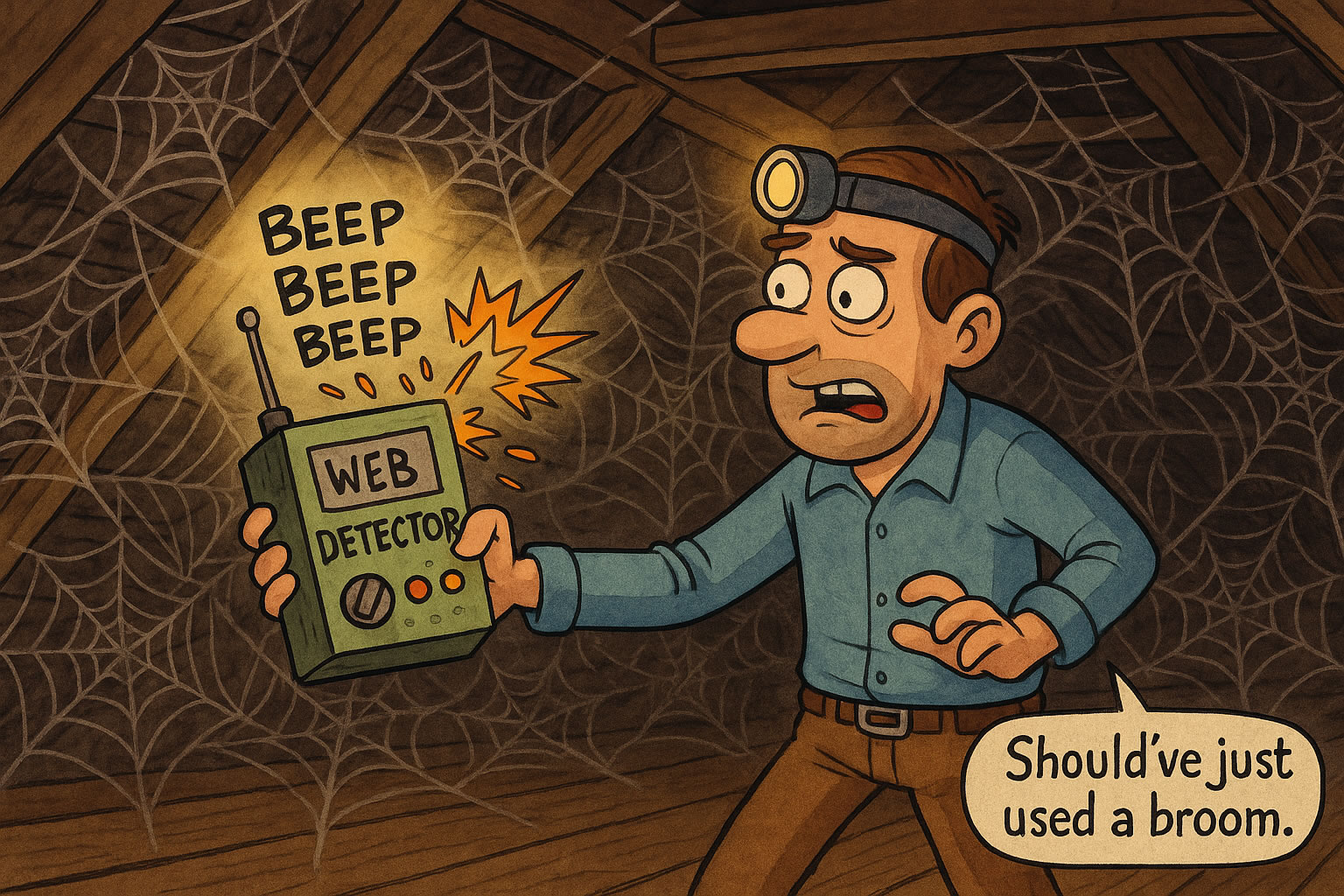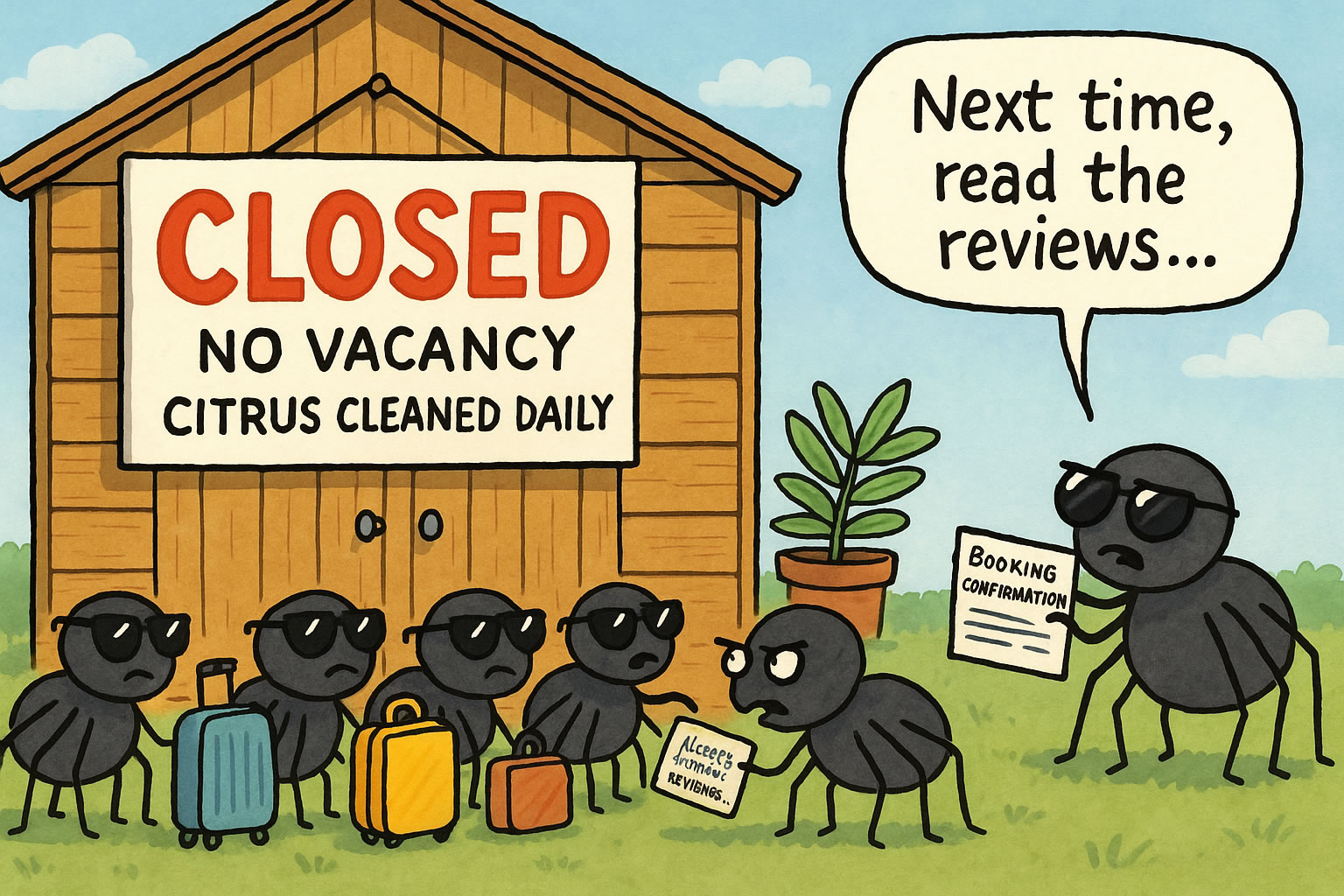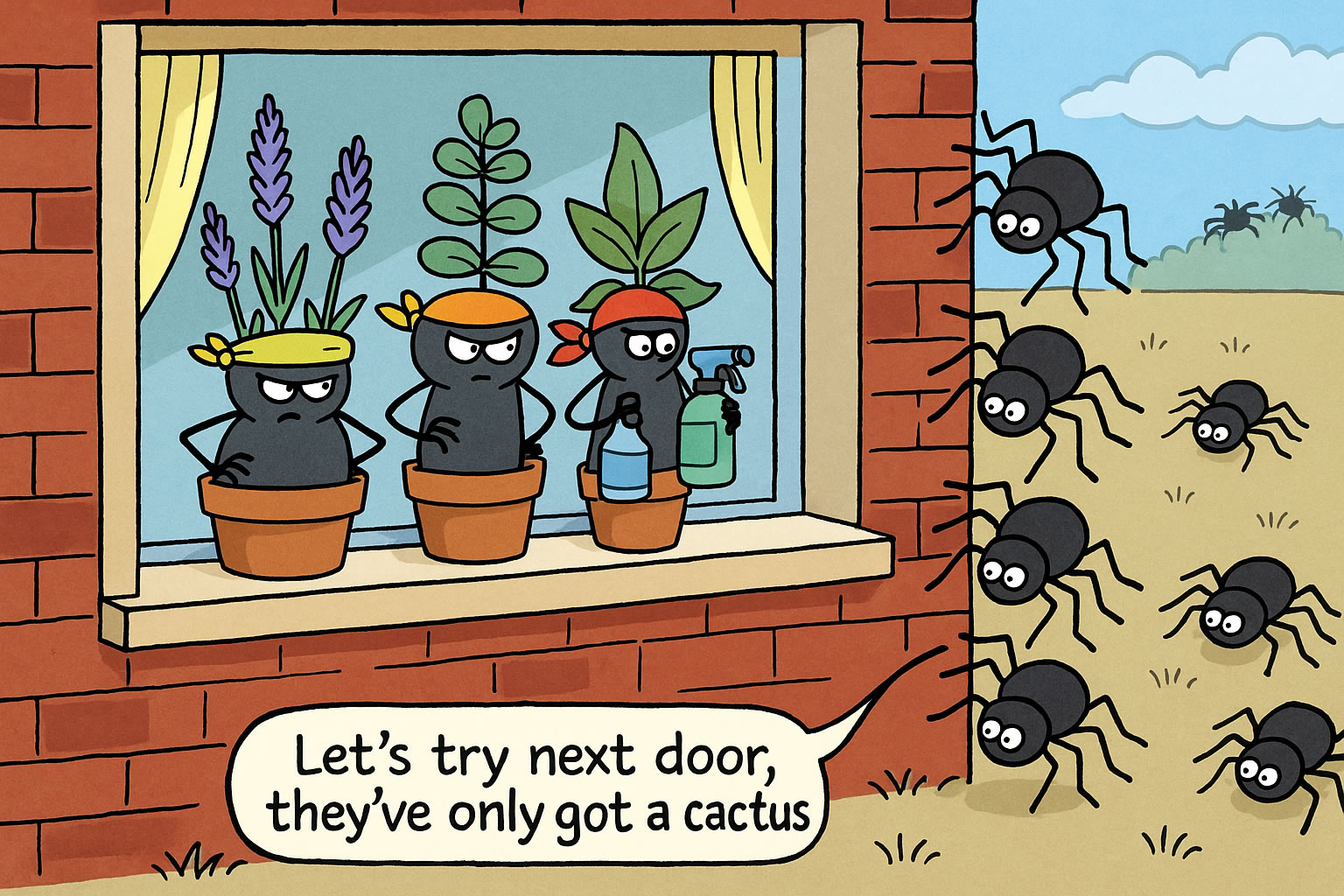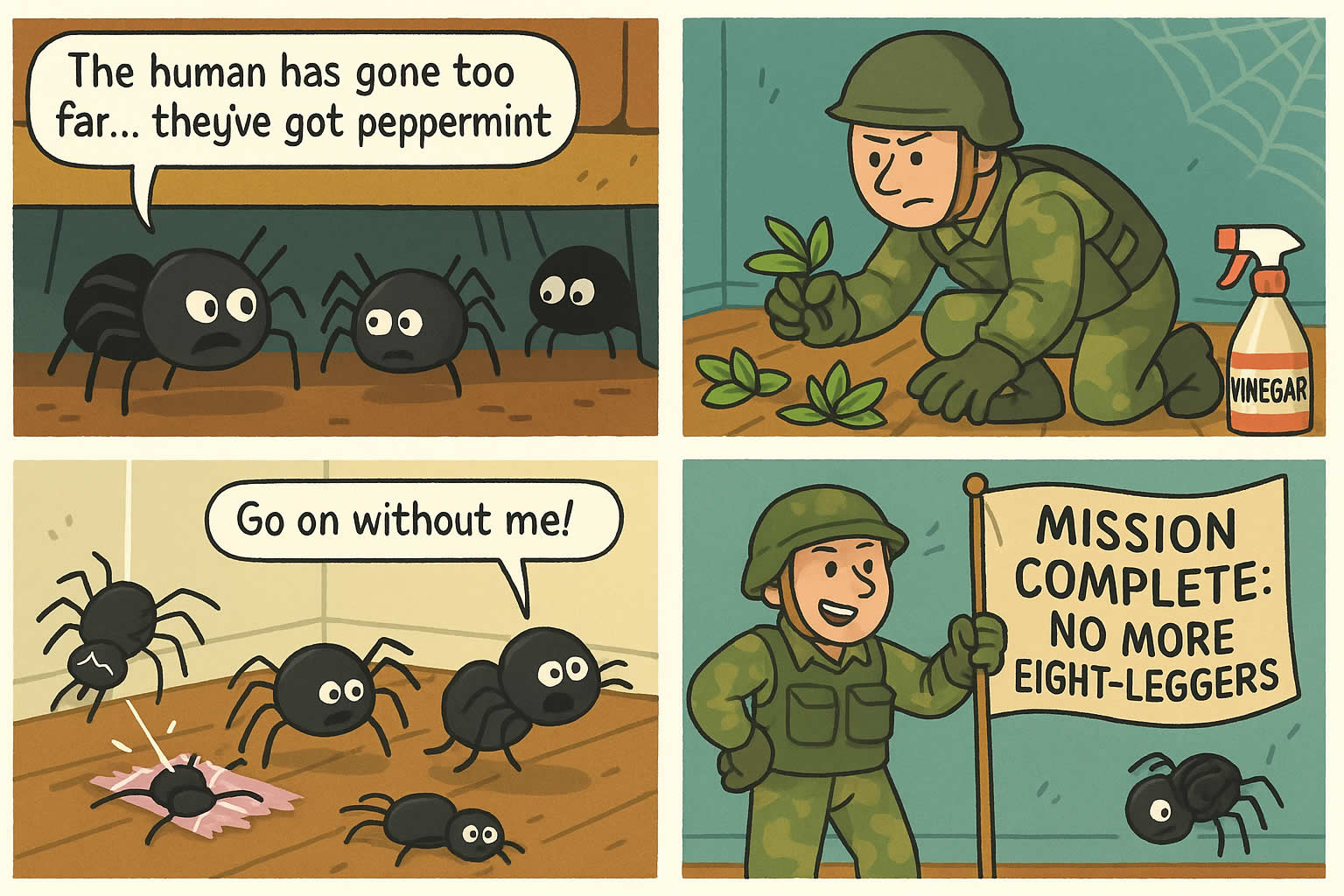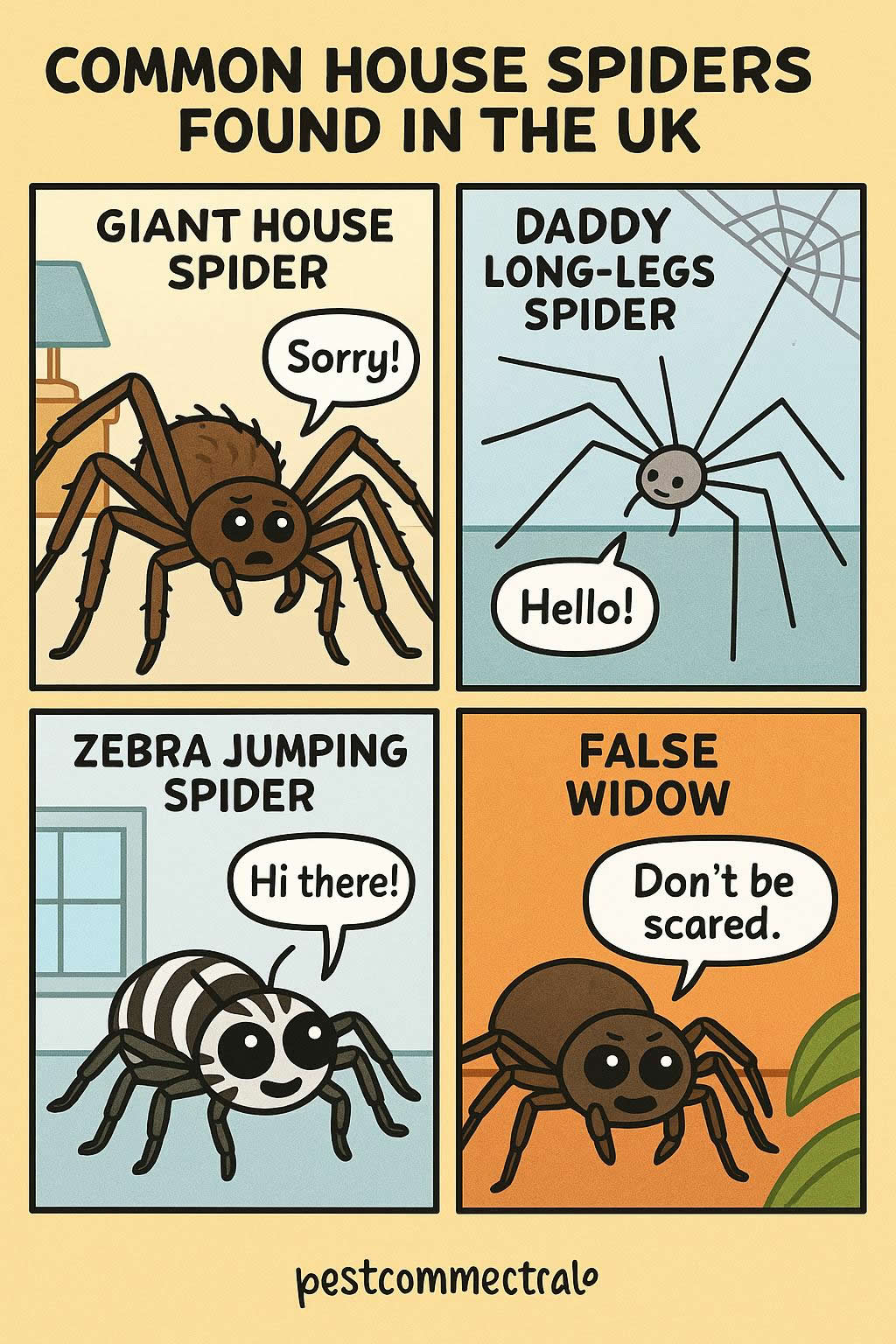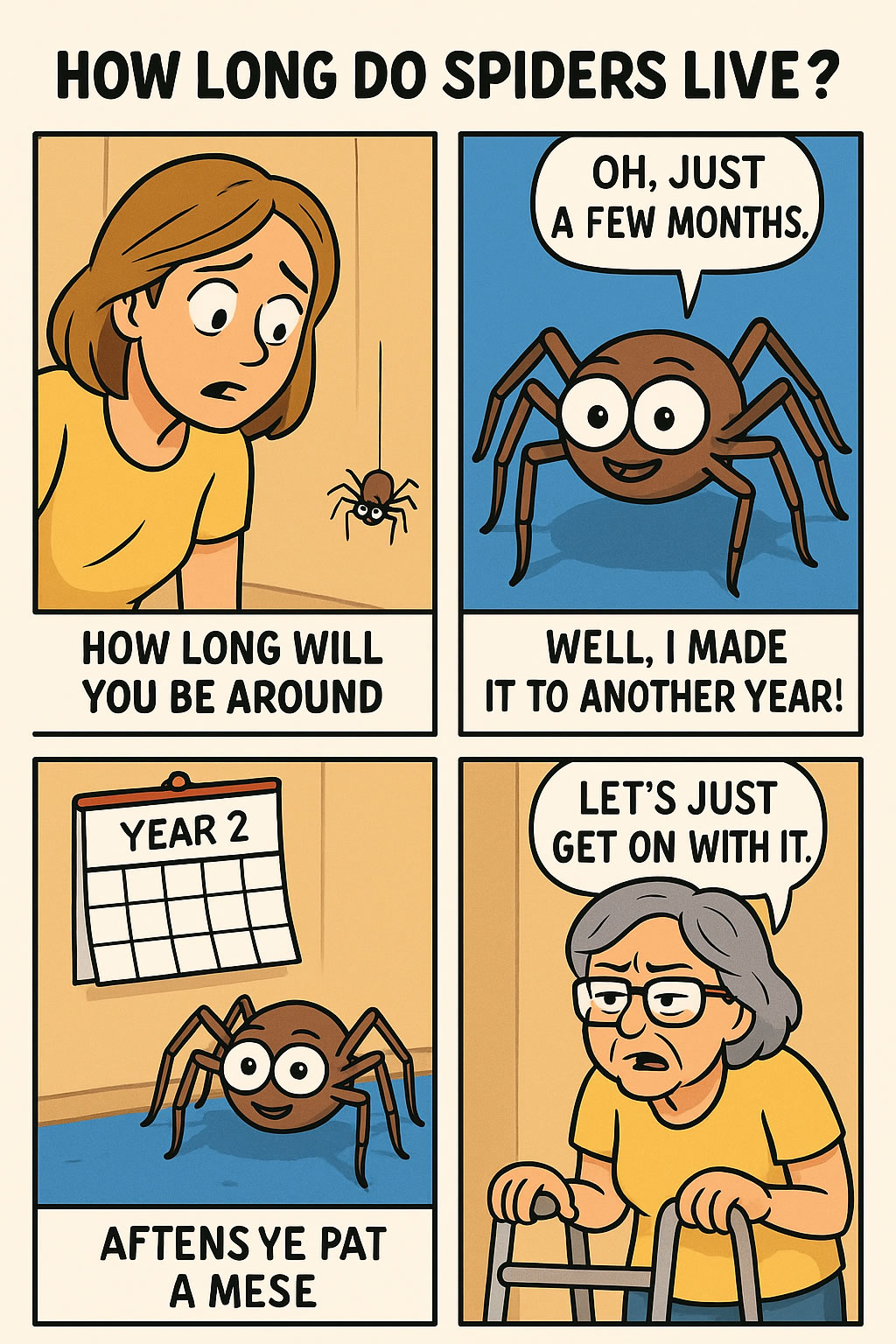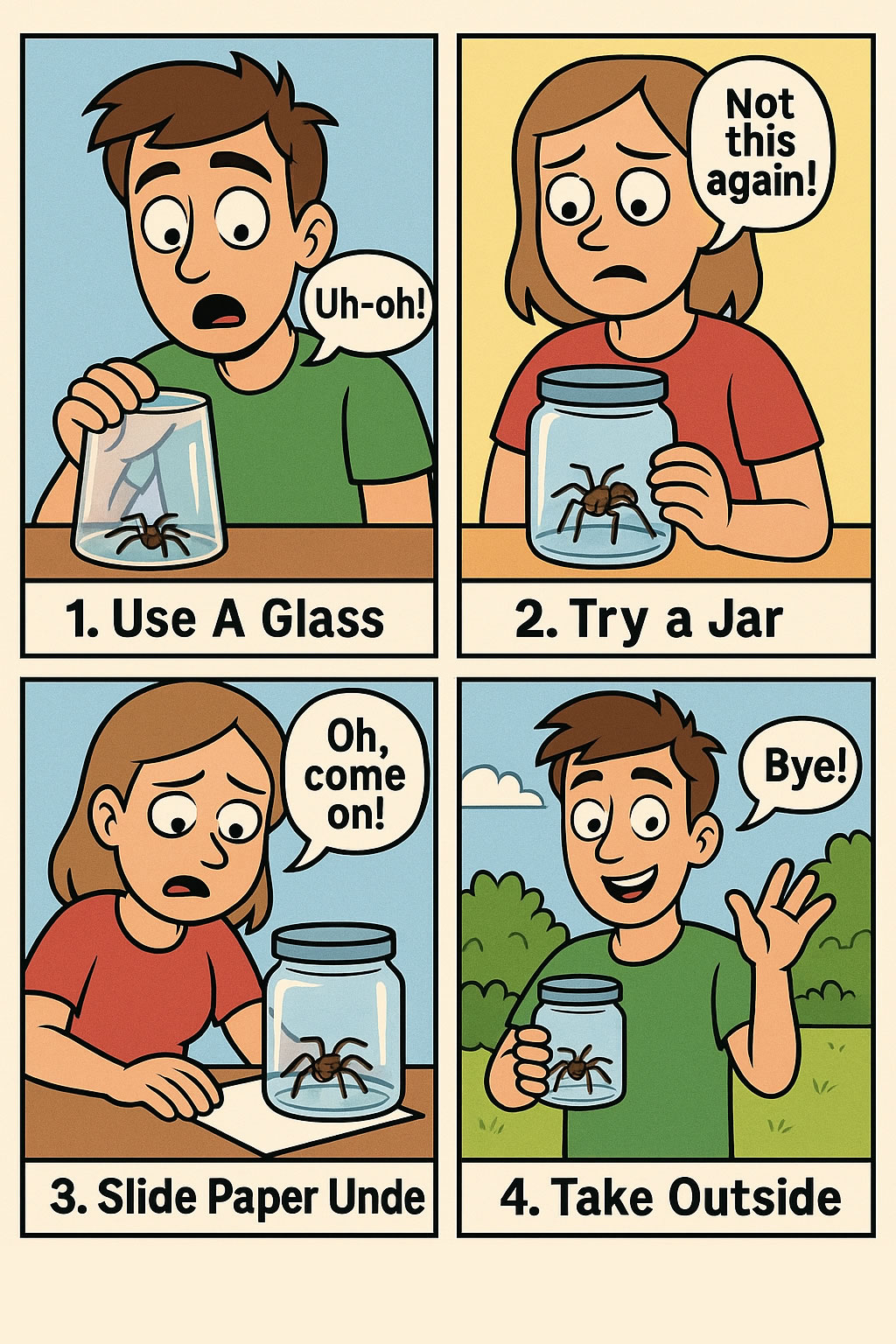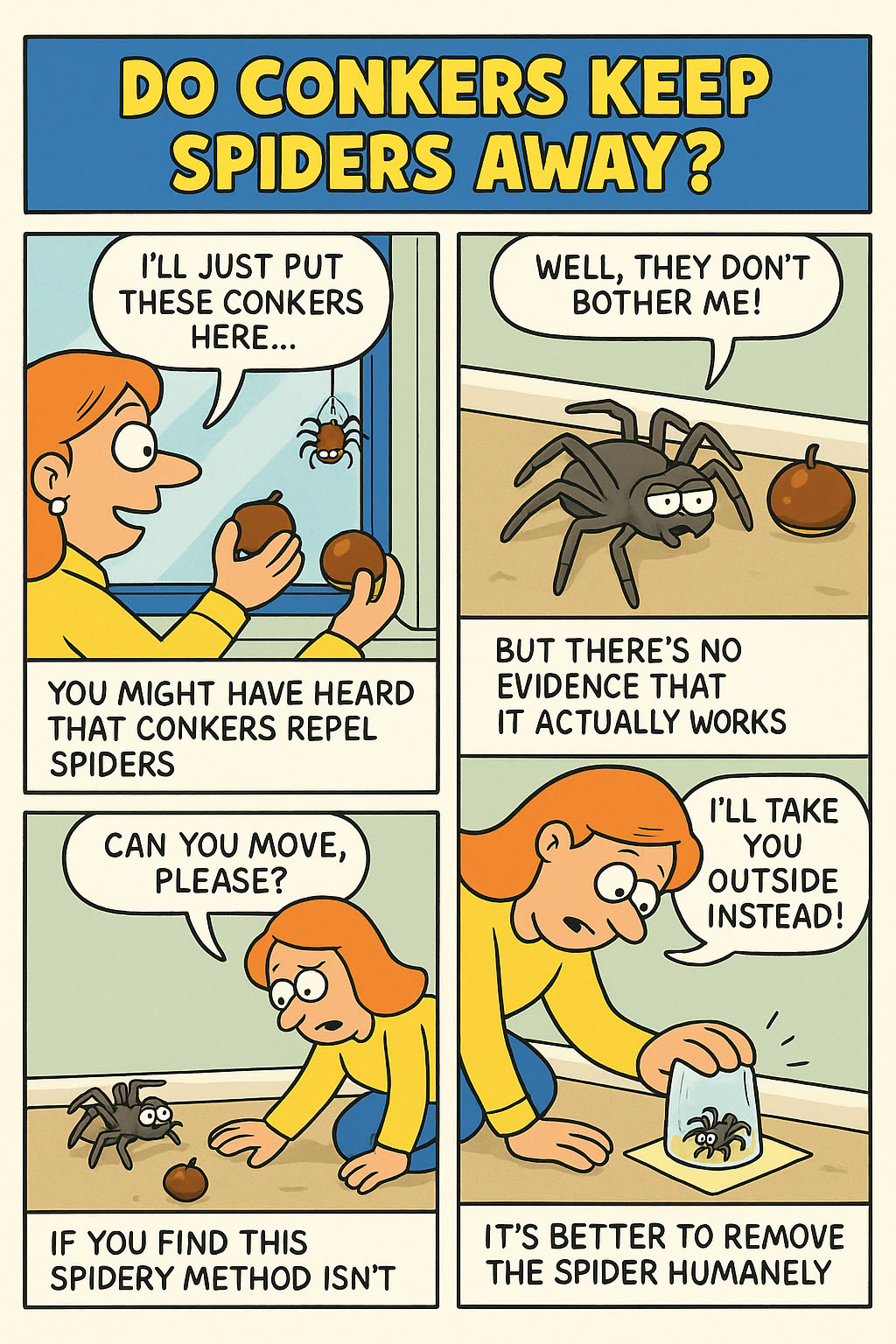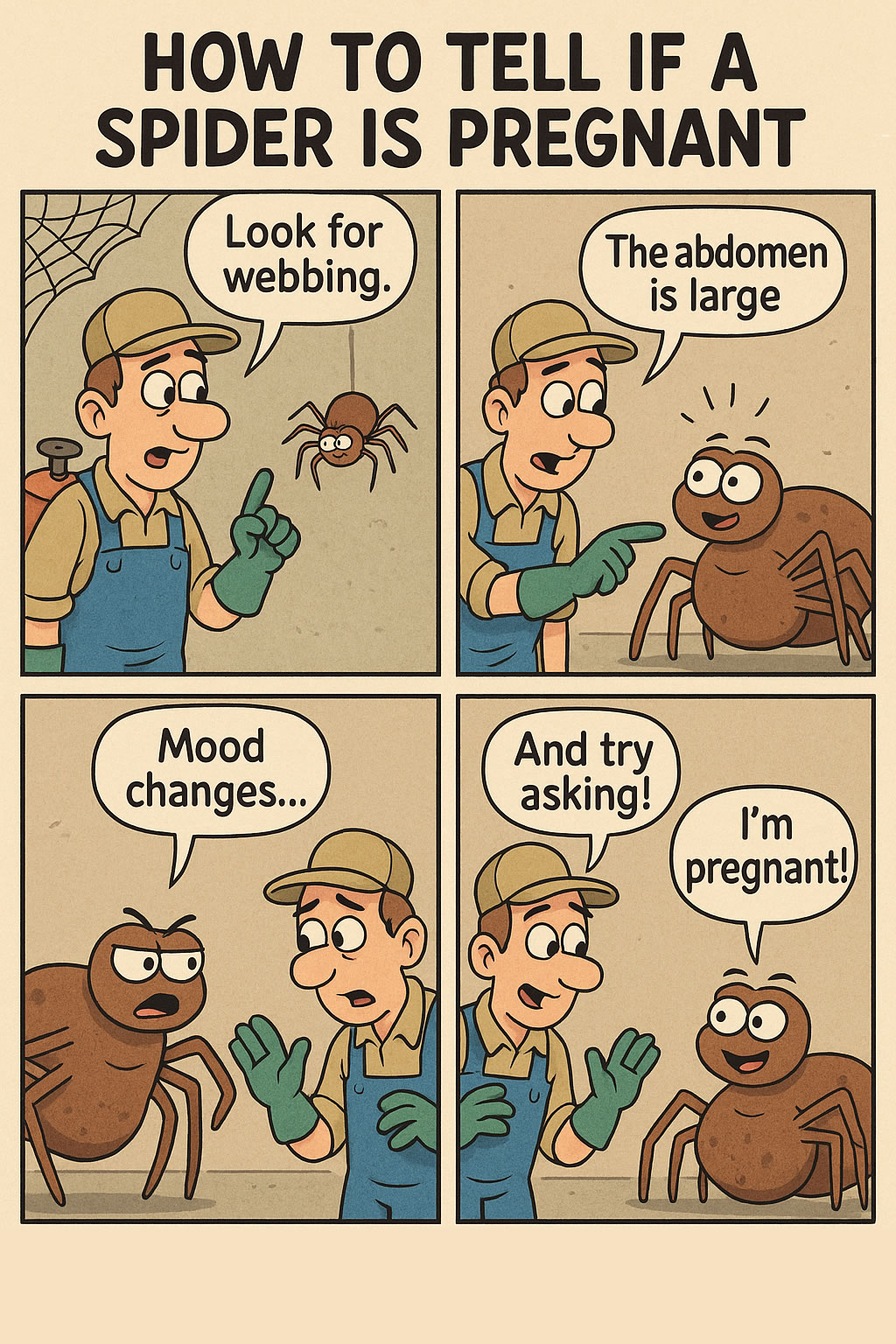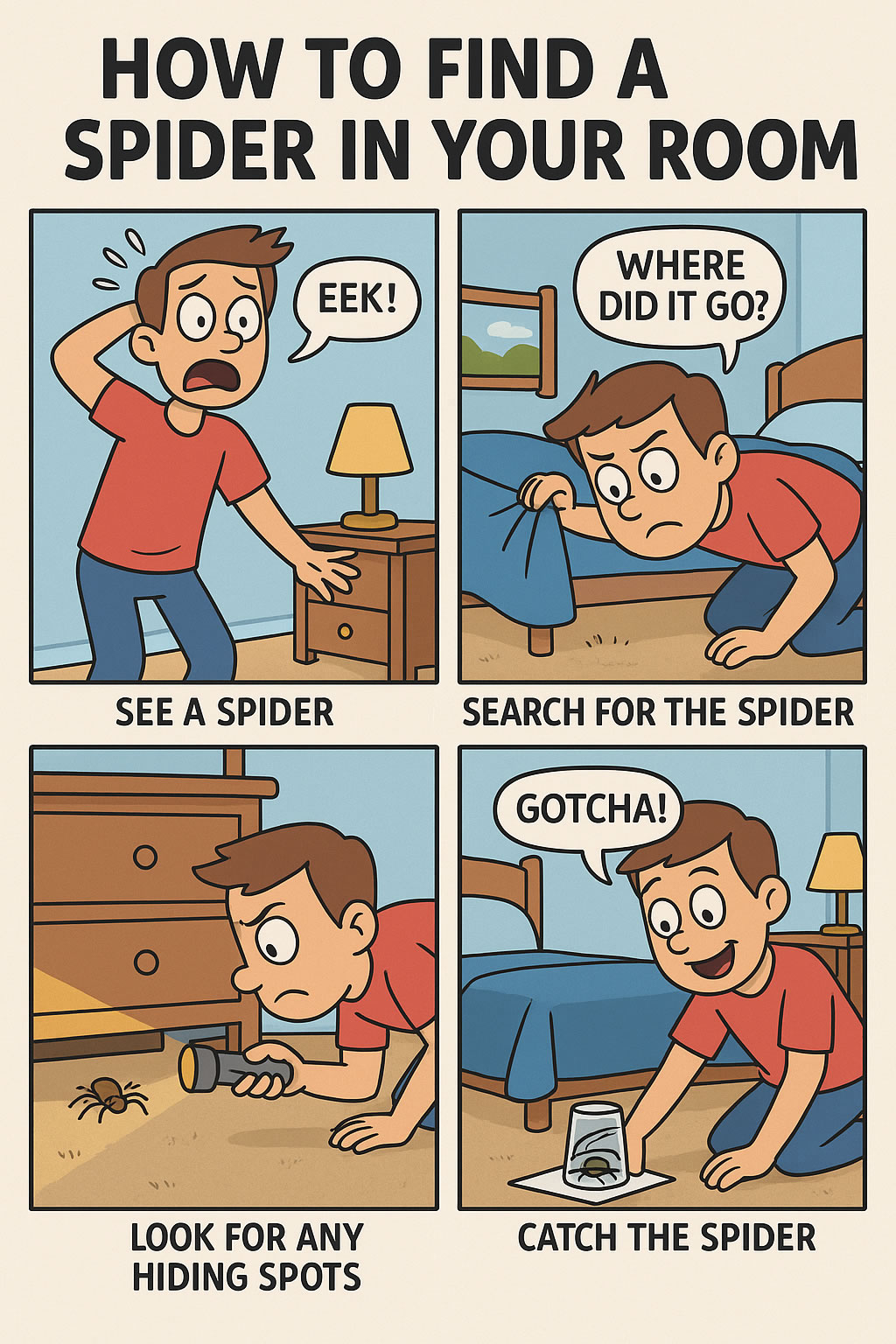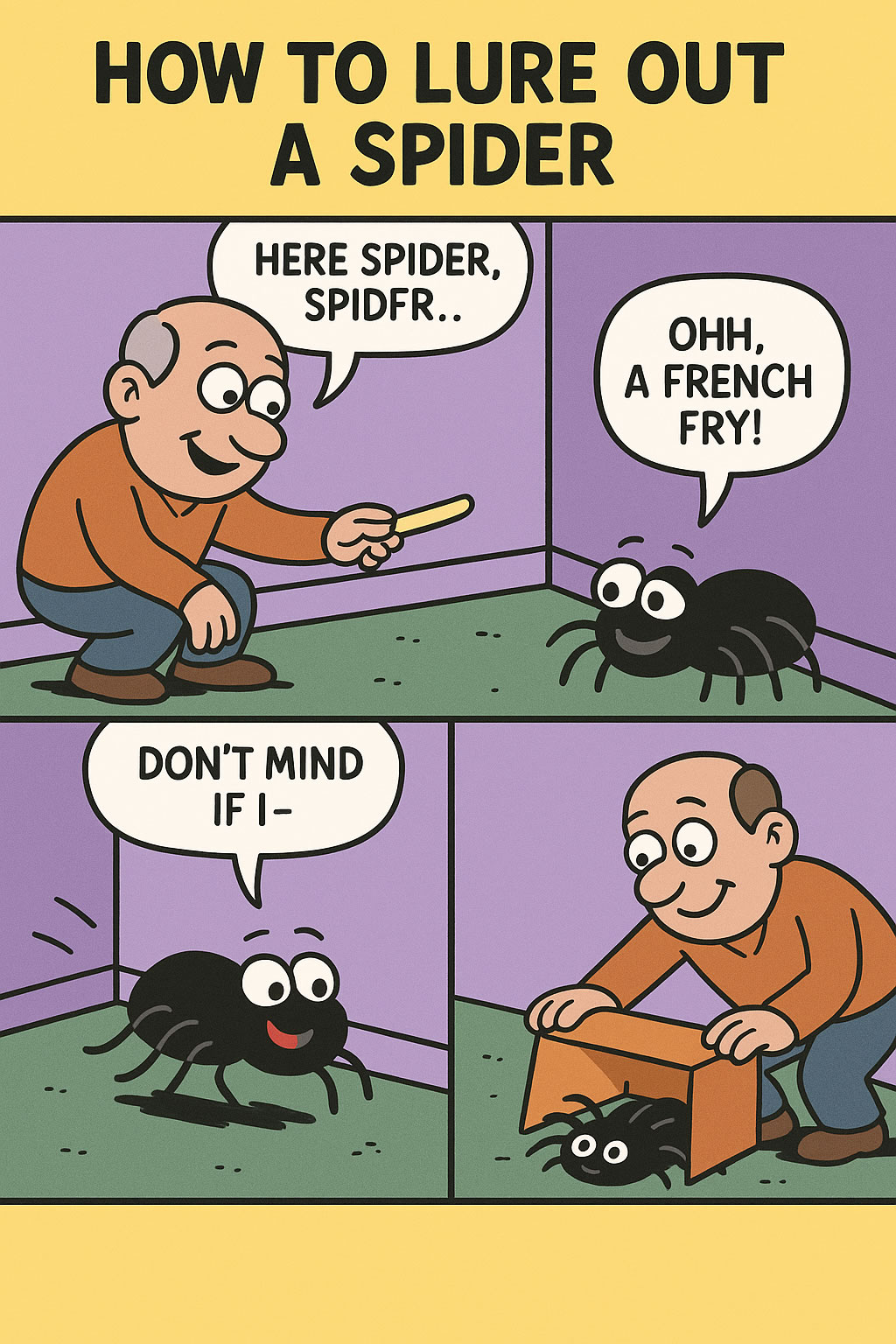Related Queries
ToggleYou’ve probably seen a spider sitting quietly in a corner or weaving its web in the garden, but have you ever wondered what it’s actually waiting for? Spiders don’t just sit still for fun. They’re hunters — patient, quiet, and surprisingly skilled. To understand them better, it helps to look at what they eat, how they catch their food, and why their diet matters for your home or garden.
This guide will walk you through everything you need to know about what spiders eat, how they feed, and the role they play in keeping insect numbers down.
What do spiders eat?
Most spiders eat insects. That’s the simple answer. But if you look closer, you’ll see it’s not just flies they’re after. They’ll eat a range of small creatures, depending on where they live and what’s available. Some spiders hunt actively. Others sit and wait for prey to walk into their web. Either way, spiders are built to survive on meat — more specifically, on insects and other invertebrates.
Here are some of the most common things spiders eat:
- Flies
- Mosquitoes
- Moths
- Beetles
- Ants
- Caterpillars
- Wasps
- Other spiders
Not every spider eats the same thing. A small house spider won’t go after the same prey as a large garden spider. But they all rely on live prey and feed in a way that’s quite different from most animals — they don’t chew or tear. They break down their food before they even begin to digest it.
Do all spiders eat the same way?
Not quite. Spiders might have similar diets, but the way they eat depends on how they catch their food. Some use webs, others chase their prey down. The type of spider affects not just what they eat, but also how they get it.
Web-building spiders
These spiders spin sticky webs and wait. When an insect flies or crawls into the web, the spider senses the vibrations and moves in quickly. It bites the insect to inject venom, then wraps it in silk. The venom breaks down the insect from the inside, turning its insides into a liquid that the spider can suck up.
Common web-building spiders include:
- Garden spiders
- House spiders
- Cellar spiders (also called daddy long-legs)
Hunting spiders
These ones don’t use webs to catch food. They actively look for prey. Some stalk it, others pounce. Wolf spiders, jumping spiders, and crab spiders are good examples. Once they’ve caught their prey, they inject venom and wait for it to soften before feeding.
Even though their approach is different, they still feed in the same way — by turning the prey into liquid and drinking it.
Do spiders eat every day?
No, not usually. Spiders don’t need to eat every day. In fact, some can go for days or even weeks without food, especially if they’ve had a big meal. They’re cold-blooded, so their energy needs are much lower than warm-blooded animals like you or me.
How often a spider eats depends on:
- How big the prey is
- How successful it is at catching food
- The temperature and environment
- Its species
A house spider might eat a small fly every couple of days. A larger garden spider that’s caught a wasp might not need to eat again for a week. Spiders can store energy and survive longer between meals than you might expect.
Do spiders drink water?
Yes, they do. Spiders need water to survive, but they don’t drink the way you might picture. You won’t see a spider sipping from a puddle with a straw-like tongue. Instead, they get moisture from tiny water droplets — on leaves, around sinks, or near condensation.
They also get fluid from the prey they eat. That’s another reason why they liquefy their food — it gives them both nutrients and moisture in one go.
In very dry environments, spiders will actively search for water, and you might find them near sinks, bathrooms, or taps.
Can spiders eat each other?
Yes — some spiders will eat other spiders. It’s more common than you might think. Sometimes it happens by accident when one spider wanders into another’s territory. Other times, it’s part of how they live.
Why do spiders eat each other?
- Competition: If two spiders are in the same space and food is scarce, the stronger one might attack the other.
- Mating: In some species, the female eats the male after mating. It sounds brutal, but it gives her a boost of energy to help her produce eggs.
- Defence: If a spider feels threatened by another, it might attack first.
Jumping spiders and some wolf spiders have been known to eat other spiders. Even web-builders like the common house spider won’t hesitate if a smaller one lands in their web.
Do spiders eat dead insects?
Not usually. Most spiders prefer live prey. They’re built to sense movement. That’s how they find their food. A still, dead insect doesn’t trigger the same response. Their venom is also designed to work on living tissue — it needs circulation and response from the prey’s body to work properly.
That said, if a spider is starving or if it comes across a freshly-killed insect, it might take the chance. But it’s not typical behaviour. Spiders are hunters, not scavengers.
Do spiders ever eat plants or fruit?
No, spiders don’t eat plants or fruit. They don’t have the mouthparts to chew or break down plant material. Their bodies are designed for breaking down soft animal tissue, not for digesting leaves or fruit skin.
The only exception is when you see a spider near fruit — but that’s usually because there are insects around. Fruit flies and other pests are attracted to sweet smells, and spiders follow them.
You might also see spiders drinking water from leaves or fruit if there’s dew or juice, but they’re not eating the fruit itself.
What do baby spiders eat?
Young spiders eat the same kinds of food as adults — just in smaller amounts. After hatching, spiderlings often stay close to their egg sac or nest until they’re big enough to explore. During this time, they feed on tiny insects or even smaller siblings if food is hard to find.
As they grow, their hunting skills improve. Small flies, gnats, and mites become easy targets. Once they’re large enough, they start acting just like adult spiders — catching, biting, and liquefying their prey.
Some species, like wolf spiders, carry their young on their back for a while. During this stage, the young don’t eat much and depend on the parent for protection.
What do spiders eat indoors?
If you’ve got spiders in your home, they’re most likely feeding on:
- House flies
- Fruit flies
- Ants
- Mosquitoes
- Carpet beetles
- Small moths
Indoor spiders are drawn to areas where insects are active — kitchens, basements, bathrooms, and window ledges. If you’ve seen a spider building a web near a light source or a bin, it’s because that’s where flying insects tend to gather.
Spiders inside your house help to control pest numbers. They’re unlikely to bite or cause harm, and they don’t eat anything they’re not supposed to. They’re just following the food.
What do spiders eat outdoors?
Outside, spiders have more options. Their diet includes everything from garden pests to flying insects. If you’ve got a garden, spiders are probably helping more than you realise.
Outdoor spiders eat:
- Aphids
- Beetles
- Caterpillars
- Grasshoppers
- Earwigs
- Wasps
- Bees (sometimes)
They help reduce pests that damage plants, which is why gardeners often welcome them. Orb-weavers, for example, catch a range of flying insects in their large, spiral webs. Ground-dwelling spiders tackle beetles and slugs.
Each species finds its niche and hunts in a way that suits its environment.
Why does it matter what spiders eat?
Understanding what spiders eat helps you make sense of their place in your home or garden. They’re not just hanging around for no reason — they’re part of a much bigger system. When you let them do their job, they help to reduce pests naturally.
Spiders don’t destroy furniture, carry disease, or damage buildings. They’re not interested in your food or your clothes. They want insects — and if you’ve got those, the spiders will follow.
If you reduce the number of insects indoors, spiders will have less reason to stick around. That’s why pest prevention isn’t just about removing the spiders — it’s about removing their food source.
Final thoughts: living with spiders
Spiders might not be everyone’s favourite houseguest, but they’re not out to cause trouble. They’re hunters by nature, and their diet is made up almost entirely of insects and small invertebrates. Whether they’re in your shed, your kitchen, or your garden, they’re just trying to catch their next meal.
If you spot a spider and wonder why it’s there, the answer is probably simple — it found food nearby. And if you don’t want spiders around, the best way to discourage them is to keep your home clean, dry, and free of flying insects.
But if you’re willing to leave them be, they’ll do more good than harm. They don’t eat your plants, they don’t chew your furniture, and they don’t carry disease. What they do is keep things balanced.
So next time you see a spider sitting still in the corner, remember — that’s not laziness. That’s patience. And it’s probably working harder than you think.
Pest Control Thurleigh – Pest Control Knotting Green – Pest Control Keysoe


